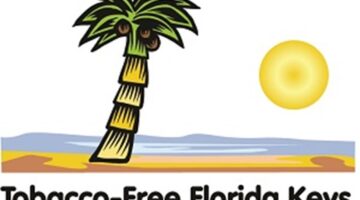Florida Ranks 4th On Tax Competitiveness
Washington, DC (Nov 17, 2015)—Florida has the 4th most competitive tax code in the nation according to the 12th annual edition of the State Business Tax Climate Index released this morning by the nonpartisan Tax Foundation. The report measures how well-structured each state’s tax code is by analyzing over 100 tax variables in five different categories: corporate, individual income, sales, property, and unemployment insurance taxes.
The breakdown of Florida ranking this year is as follows (1st is best, 50th is worst):
- Overall Tax Climate: #4
- Corporate tax structure: #17
- Individual income tax structure: #1
- Sales tax structure: #17
- Property tax structure: #20
- Unemployment insurance tax structure: #3
This year’s most competitive states include: Wyoming (#1), South Dakota (#2), Alaska (#3), Florida (#4), Nevada (#5), Montana (#6), New Hampshire (#7), Indiana (#8), Utah (#9) and Texas (#10).
This year’s least competitive states include: New Jersey (#50) New York (#49), California (#48), Minnesota (#47), Vermont (#46), Rhode Island (#45), Connecticut (#44), Wisconsin (#43), Ohio and D.C. (#42), and Maryland (#41).
States are punished for overly complex, burdensome, and economically harmful tax codes but are rewarded for transparent and neutral tax codes that do not distort business decisions. A state’s ranking can rise or fall significantly not only because of its own actions, but also because of changes or reforms made in other states.
Since the last edition, many states have experienced ranking changes largely because of the fundamental reforms made in a handful of states. Illinois improved its overall rank from 31st to 23rd due to the sunset of its temporary corporate and individual income tax increases that were meant to address the state’s backlog of unpaid bills. In terms of downgrades, Nevada slipped in the rankings this year, falling from 3rd to 5th place due to the implementation of an uncompetitive modified gross receipts tax on businesses. Additionally, several other states saw notable changes to their overall rank and subcomponent scores (see report for details).
The goal of the State Business Tax Climate Index is to start a conversation between taxpayers and policymakers about how their states fare against the rest of the country. This report helps answer the questions: How well is your tax code structured? How competitive is your state compared to the rest of the county? Are businesses in your state spending too much time complying with onerous tax provisions? Are you double taxing things you shouldn’t?
“Substantive state tax reform has gained a lot of momentum over the past few years,” said Tax Foundation Policy Analyst Jared Walczak. “The stagnation of our federal tax code means that policymakers are turning to state codes to boost their national and global competitiveness. The state codes are ripe for reform and, it’s encouraging to see many states taking action.”
[livemarket market_name="KONK Life LiveMarket" limit=3 category=“” show_signup=0 show_more=0]








No Comment